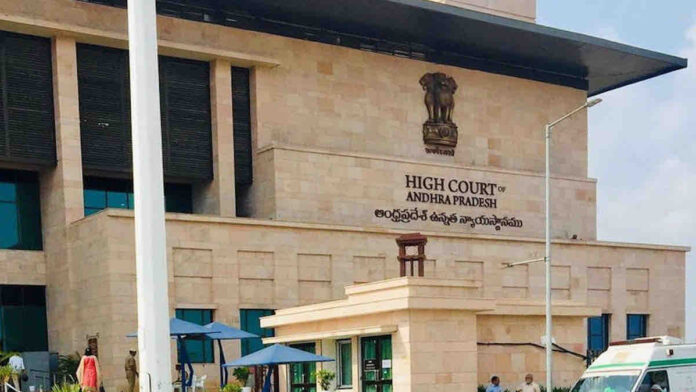In a significant ruling concerning procedural law in commercial disputes, the Andhra Pradesh High Court has held that an order deciding the admissibility or relevancy of a document is an interlocutory order under Section 8 of the Commercial Courts Act, 2015, and as such, a revision petition challenging such an order is barred. The Court
To Read More Please Subscribe to VIP Membership for Unlimited Access to All the Articles, Download Available Copies of Judgments/Order, Acess to Central/State Bare Acts, Advertisement Free Content, Access to More than 4000 Legal Drafts( Readymade Editable Formats of Suits, Petitions, Writs, Legal Notices, Divorce Petitions, 138 Notices, Bail Applications etc.) in Hindi and English.




